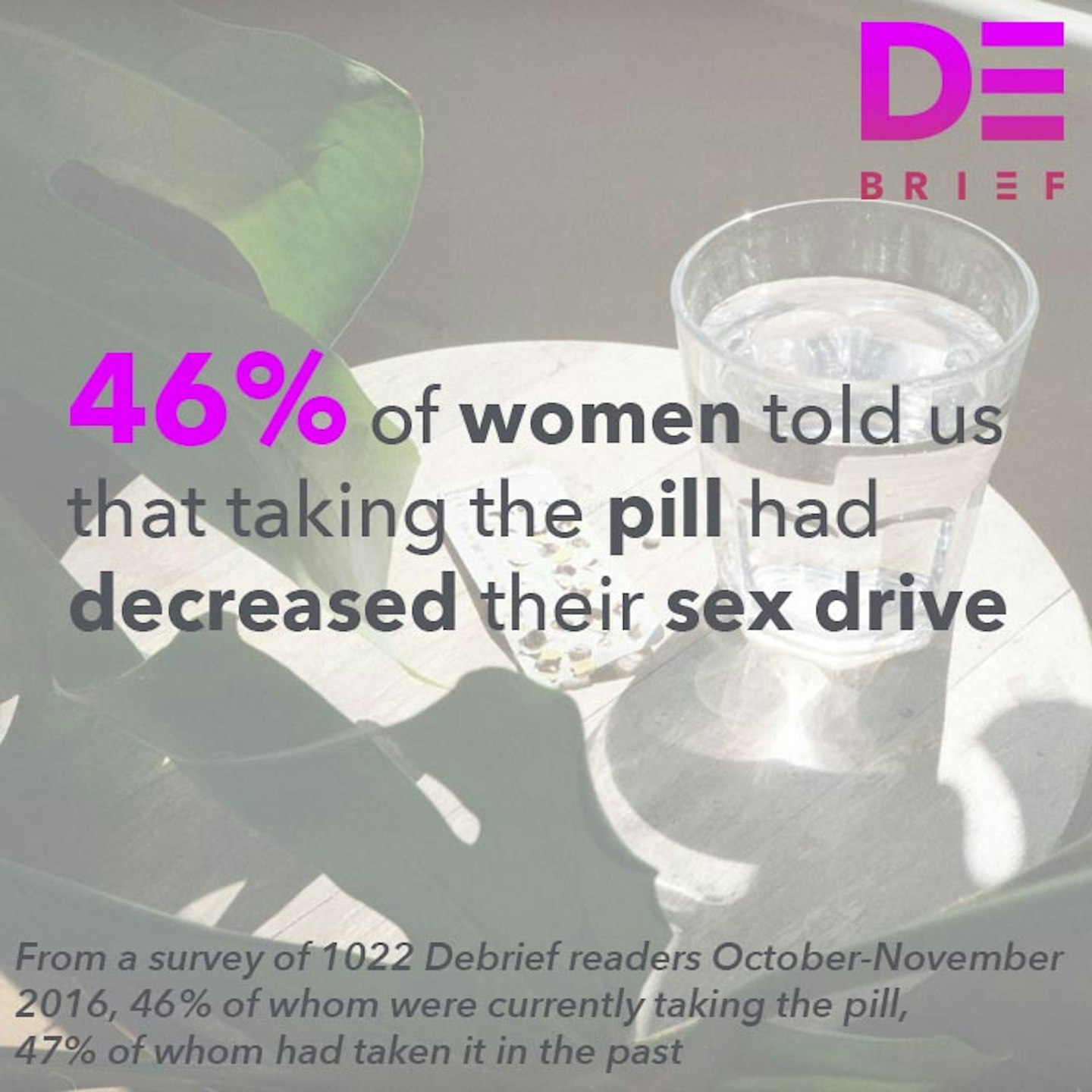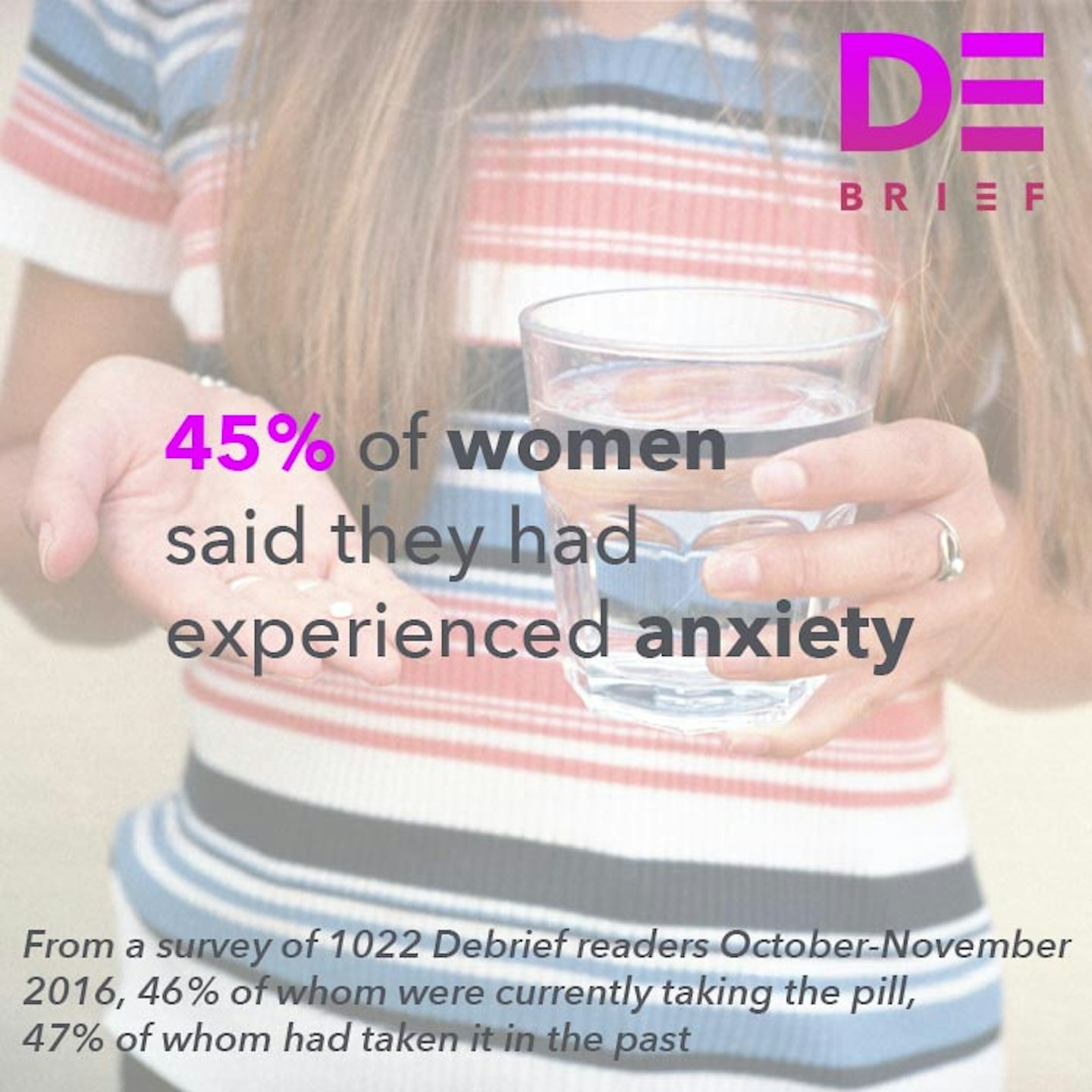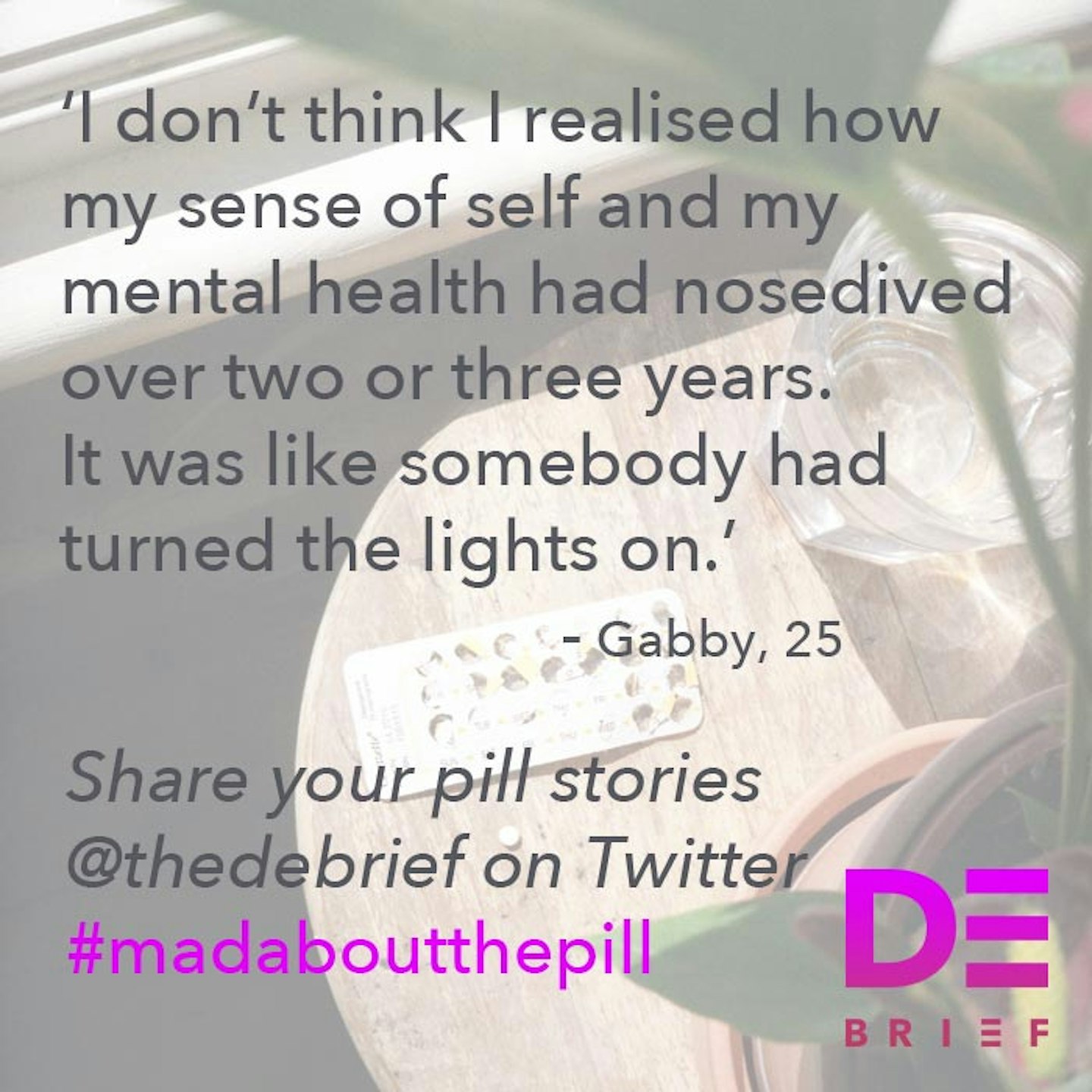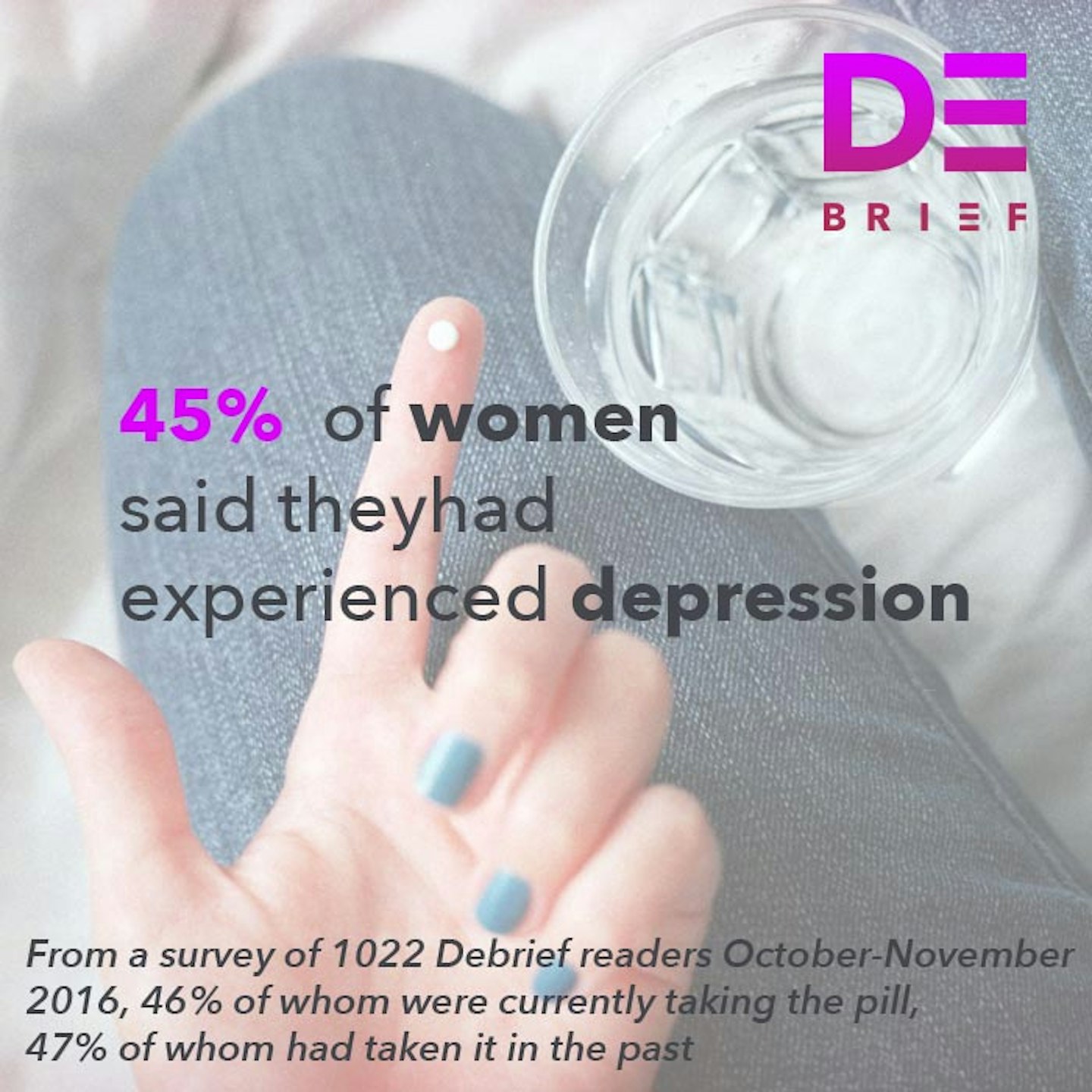In spite of sub-zero temperatures, rain, sleet and snow, over the weekend thousands of women around the world marked the one year anniversary of the Women’s March in protest of Donald Trump’s presidency by marching again.
One year one, things have moved on. Time’s Uptook centre stage as the global surge against sexism, sexual harassment and assault continues to boil over. This kinetic energy which has carried both a grass roots movement in #metoo and a more organised establishment elite initiative in Time’s Up must be the product of a year in our lives which started with the election of Trump and ended with revelations about Harvey Weinstein.
As Stella Creasy saidwhen she took to the stage yesterday:
‘A year ago, everyone told us this was a flash in the pan. They said women will march and then they’ll go home and nothing will change. That’s the point. Everything has to change because #MeToo isn’t just some hashtag, it’s saying we’re not going to cope any more, we’re going to change the rules.’
In her speech Creasy announced that a Time’s Upfund, similar to the one launched by a collective of Hollywood women, would be started in the UK so that women from all backgrounds can have access to resources to pay legal costs when pursuing sexual harassment or assault claims.
Those who argued that the momentum of 2017’s Women’s March couldn’t be sustained have been proven wrong, the public discussions we are now having about sexism in Western society are testament to that. It was always bigger than Donald Trump.
That said, it is worth noting that the estimated turn out in London ranges from 3,000 to 7,000 which, relatively speaking, is low. Why does this matter? It matters because we have to remember many of the women in Britain who need true equality urgently simply wouldn’t be able to attend a march like yesterday’s. Why? They might not be able to afford the travel to London, childcare is expensive, they may be caring for a relative…these are just some of the reasons.
**READ MORE: The Debrief Investigates - Hormonal Contraception And Mental Health **
Debrief Mad About The Pill Stats
 1 of 9
1 of 9Debrief Mad About The Pill Stats
 2 of 9
2 of 9Debrief Mad About The Pill Stats
 3 of 9
3 of 9Debrief Mad About The Pill Stats
 4 of 9
4 of 9Debrief Mad About The Pill Stats
 5 of 9
5 of 9Debrief Mad About The Pill Stats
 6 of 9
6 of 9Debrief Mad About The Pill Stats
 7 of 9
7 of 9Debrief Mad About The Pill Stats
 8 of 9
8 of 9Debrief Mad About The Pill Stats
 9 of 9
9 of 9Debrief Mad About The Pill Stats
In a year when we will celebrate the centenary of (some women) being awarded the vote because of a hard-fought campaign by the women of the suffragette movement, we must not overlook how much work there is still to be done.
Indeed, as polling fromIpsos Morihas found most men and women do not think that their governments are doing enough to promote equal opportunities for women. Surveying people in 23 countries, they found that less than half of women surveyed (45%) think they have equal opportunities to men, while six in ten (60%) men think they do.
In many places around the world, women around the world still do not have basic human rights. Closer to home, why are women in England not regularly showing support for our neighbours in Northern Ireland who are still yet to be granted the abortion rights that we’ve had since 1967? Where were we when protests took place outside the Irish embassy last year? What did we do when it was reported that the gender pay gap won’t close until 2069? How often do we join the likes of Sisters Uncut en masse when they stage feminist actions on domestic violence (a crime which rises while all others fall)?
Alongside equal education, free contraception and abortion on demand, one of the demands of the first ever national conference on the Women’s Liberation Movement in Oxford, which took place in 1970, was free 24-hour childcare. We know, beyond a doubt, that the gender pay gap is explicitly linked to both the financial and temporal cost of childcare. We know that other countries offer women a better deal. We know that Britain has some of the most expensive childcare in Europe. Do we march? Do we write to our MPs? Do we tweet and Instagram and Facebook about this? These are the immediate issues we face, but as my Facebook friend points out: women elsewhere in the world still don’t have the freedoms and rights we have been taking for granted.
It is fitting and important that Time’s Up took centre stage at the Women’s March London. If Time’s Up and #metooare the legacy of last year’s marches then we can all be reassured that change is, however slowly, coming but, we shouldn’t be complacent and we must keep asking ourselves what more we can do as individuals to help those women who can’t march on a cold Sunday in our capital. It’s not enough to turn up once a year.
**Follow Vicky on Twitter **@Victoria_Spratt
This article originally appeared on The Debrief.
